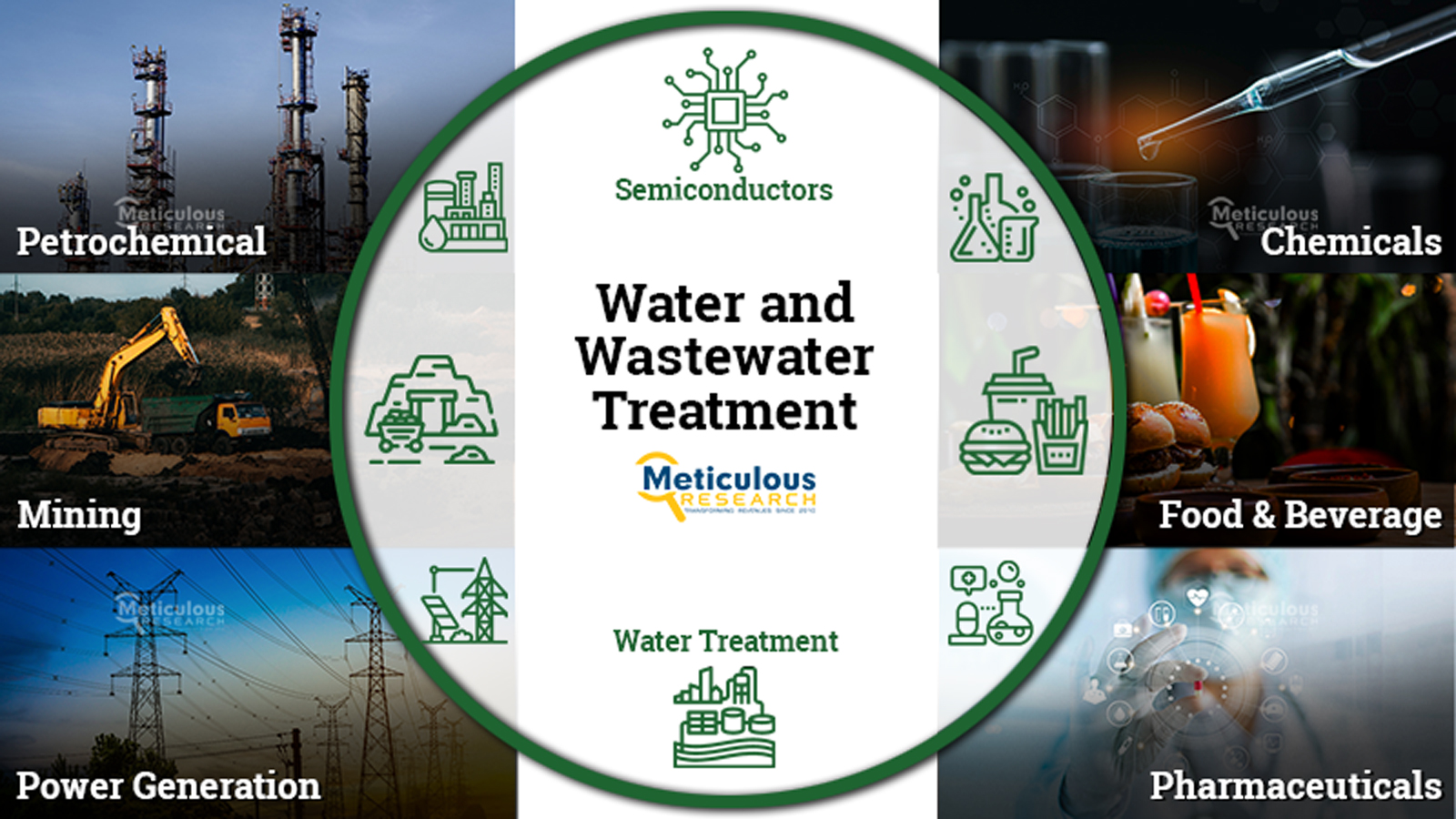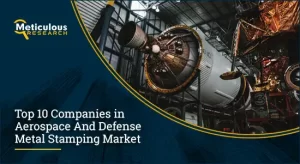
The Water and Wastewater Treatment Market is expected to reach $1,024.8 billion by 2033, at a CAGR of 5.9% from 2024 to 2033.
The rapid growth of the global population, particularly in urban areas, continues to be a significant driver of industrial development worldwide. In the coming years, urban regions, especially in developing countries, are expected to absorb the majority of population growth. As urbanization intensifies, it places substantial pressure on local water resources, exacerbating water demand and escalating the challenges surrounding water pollution and resource depletion.
Urbanization not only concentrates populations but also leads to a surge in per capita water consumption, further straining existing water supplies. Although domestic and municipal water use currently accounts for a smaller portion of global water consumption, this demand is rising swiftly, particularly in the urban centers of developing nations. The growing population in these areas is pushing the demand for reliable water supply and sanitation services to unprecedented levels.
According to the World Health Organization, 57% of the global population, approximately 4.6 billion people, had access to safely managed sanitation services in 2022. Furthermore, 33% of the population—roughly 2.7 billion people—utilized private sanitation systems connected to treated wastewater facilities. This widespread reliance on sanitation infrastructure is propelling the global adoption of advanced water and wastewater treatment technologies.
Download Complete Sample PDF Copy Here: https://www.meticulousresearch.com/download-sample-report/cp_id=5026
Water and Wastewater Treatment Market Research Summary
| Particulars | Details |
| Number of Pages | 407 |
| Format | |
| Forecast Period | 2024–2033 |
| Base Year | 2023 |
| CAGR (Value) | 5.9% |
| Market Size (Value) | USD 1,024.8 Billion by 2033 |
| Segments Covered | By Type
By Offering
By Application
|
| Countries Covered | North America (U.S., Canada), Europe (Germany, U.K., France, Italy, Spain, Poland, Switzerland, Sweden, Belgium, Denmark, Rest of Europe), Asia-Pacific (Japan, China, India, South Korea, Indonesia, Malaysia, Australia, Thailand, Vietnam, Singapore, New Zealand, Philippines, Taiwan, Rest of Asia-Pacific), Latin America (Mexico, Brazil, Chile, Argentina, Rest of Latin America), and the Middle East & Africa (South Africa, Saudi Arabia, UAE, Iran, Kuwait, Rest of Middle East & Africa) |
| Key Companies | SUEZ S.A. (France), Veolia Environnement (France), Xylem Inc. (U.S.), DuPont de Nemours, Inc. (U.S.), 3M Company (U.S.), Pentair plc (U.K.), Kingspan Group plc (U.K.), Dow Inc. (U.S.), BASF SE (Germany), Kurita Water Industries, Ltd. (Japan), BioMicrobics, Inc (U.S.), Calgon Carbon Corporation (U.S.), Trojan Technologies (Canada), Kemira Oyj (Finland), Thermax Limited (India), Wog Technologies (Singapore), WSP Global Inc. (Canada), SWA Water Australia (Australia), Burns & McDonnell (U.S.), Adroit Associates Private Limited (India), Sauber Environmental Solutions Pvt. Ltd. (India), SPEC INDIA (India), Ecolab, Inc. (U.S.), GFL Environmental Inc. (Canada), and Clean TeQ Water Limited (Australia) |
Urbanization also brings economic growth, but it places immense stress on freshwater resources, creating heightened competition for water between urban centers and agricultural needs. Furthermore, urban waste, including plastics, chemicals, and human waste, increasingly contaminates water supplies, further underscoring the need for innovative water and wastewater solutions.
Request Sample PDF Copy Here: https://www.meticulousresearch.com/request-sample-report/cp_id=5026
Industrial production, which heavily relies on water for processing, cooling, and waste disposal, is rising in tandem with population growth. The industrial sector’s escalating water requirements are compounding the global water crisis, driving industries to seek efficient methods for reducing water consumption, recycling wastewater, and integrating sustainable water practices. The use of treated wastewater in industrial applications not only boosts resource efficiency but also supports sustainable industrial growth.
Conclusion
As the global population continues to rise, with much of this growth concentrated in urban areas, the demand for water supply and sanitation services will only intensify. The mounting pressure on water resources is driving the worldwide adoption of cutting-edge water and wastewater treatment technologies. Moreover, industrial expansion, heavily dependent on water, is contributing to an increased need for sustainable water solutions, ensuring that industries remain resilient in the face of growing water shortages. яндекс
Contact Us:
Meticulous Market Research Pvt. Ltd.
1267 Willis St, Ste 200 Redding,
California, 96001, U.S.
USA: +1-646-781-8004
Europe : +44-203-868-8738
APAC: +91 744-7780008
Email- sales@meticulousresearch.com
Visit Our Website: https://www.meticulousresearch.com/
Connect with us on LinkedIn- https://www.linkedin.com/company/meticulous-research






